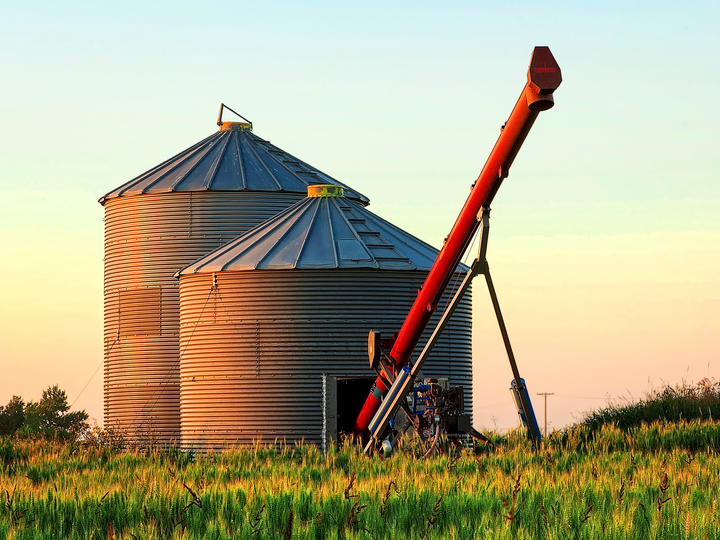Webinar to Address Drought Outlook, Risk Management for Nebraska Ag Producers
Drought signals are already flashing for 2026 — join Nebraska experts March 2 to understand what it means for your water, crops and bottom line.
Recent Articles

Weather Update: Drought Gets Worse but Relief May Be on the Way
Published: February 26, 2026

Pasture and Forage Minute: Establishing Perennial Grasses, Dry Winter Forage Irrigation
Published: February 25, 2026

Weather Update: Cold Weekend and Rollercoaster Temperature Ride Starting Monday
Published: February 19, 2026

Optimizing Nitrogen Management for Sustainable and Profitable Sugar Beet Production
Published: February 18, 2026

February is National Pesticide Safety Education Month
Published: February 18, 2026

Pasture and Forage Minute: Feed Quality After Calving, IRS Section 180
Published: February 17, 2026
Endangered Species Act: What Growers Need to Know
In a new three-part series, University of Nebraska researchers offer guidance to Nebraska applicators on meeting Endangered Species Act requirements in 2026.
— Part 1: Crop Protection Program Requirements
— Part 2: Runoff and Erosion Mitigation
— Part 3: Ecological Spray Drift Buffers

Extension Programs & Events
Connect with local extension educators, get the latest research on crop production and pest management, and earn CEUs, applicator certifications and more through Nebraska Extension’s winter programs.
Upcoming events:
— On-Farm Research 2026 Results Meetings
— PEST Academy
— Land Application Training
— Nebraska Women in Ag Conference
— Pesticide Applicator Certification Training
— Chemigation Certification Training

Nitrogen for Corn 101
Balancing crop demand with input costs is never easy. This new article series breaks down the latest research and recommendations so you can apply N with confidence.
— Detecting N Stress
— 1.2 lb N Per Bushel — Where Did That Come From?
— EONR — Does it Exist?
— Determining N Credits
— Fall N Application — Still OK?
— Using Precision Agriculture and Sensor Technologies to Boost Profits
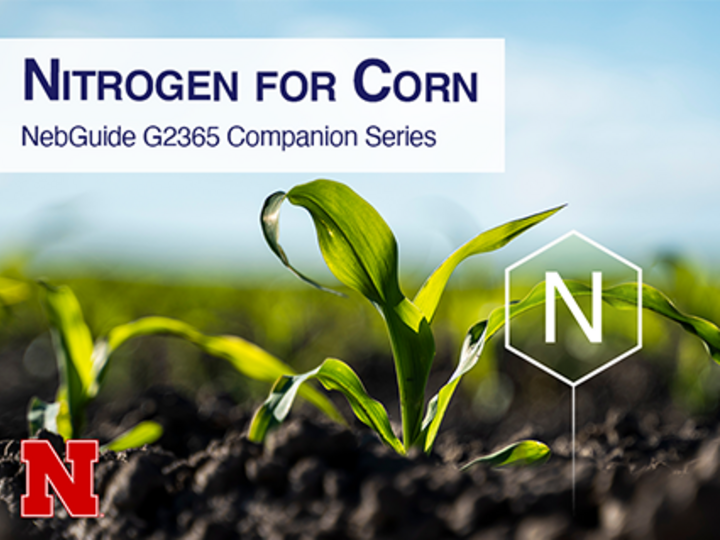
Latest News & Events
Resources for Producers
Wildfire Resources
Resources for farmers and ranchers on wildfire recovery for cropland and pasture/rangeland.
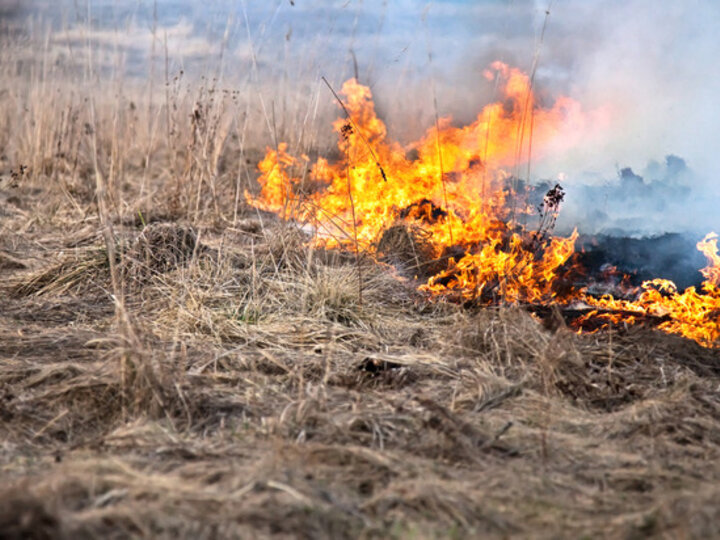
Drought Resources
Extension recommendations on planting, nutrient management and crop damage during drought, assistance programs for drought recovery, and more.
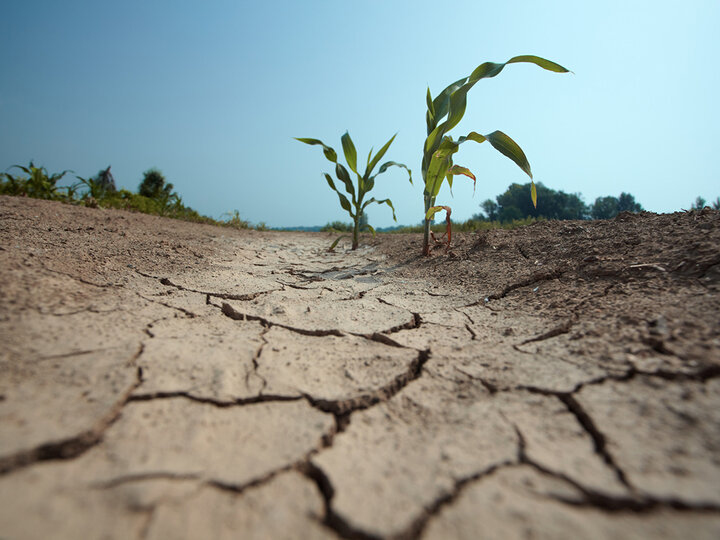
Staying Connected During Tough Times
Programs available to Nebraska farmers, ranchers and their families when they need a helping hand.

Crop Reports
Nebraska Extension and USDA NASS crop production reports.
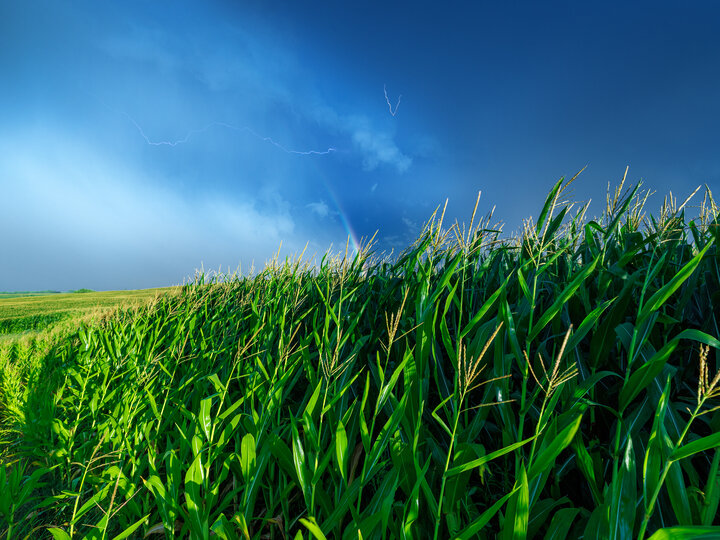
Market Journal
Timely stories for crop and livestock producers on markets, risk management, ag policies and more.

Nebraska Extension Almanac
Extension's long-running interview series featuring info and advice on the farm, ranch and home.
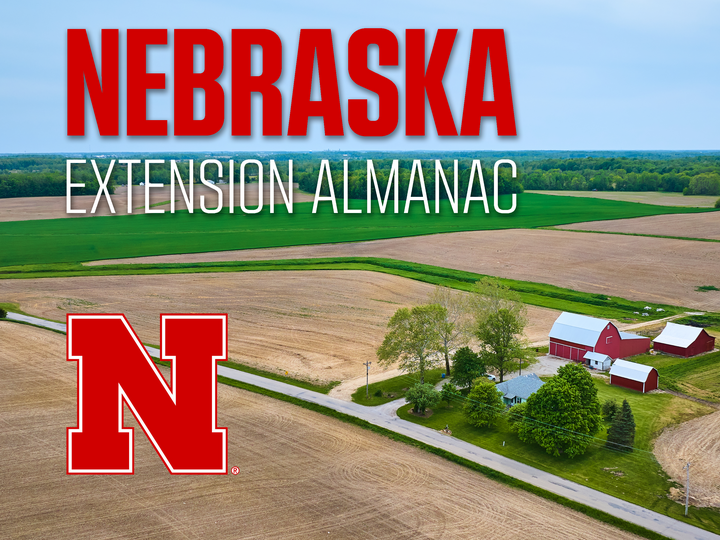
Herbicide Classification Chart
An easy-to-use guide for growers to reference when selecting herbicides based on their site of action.
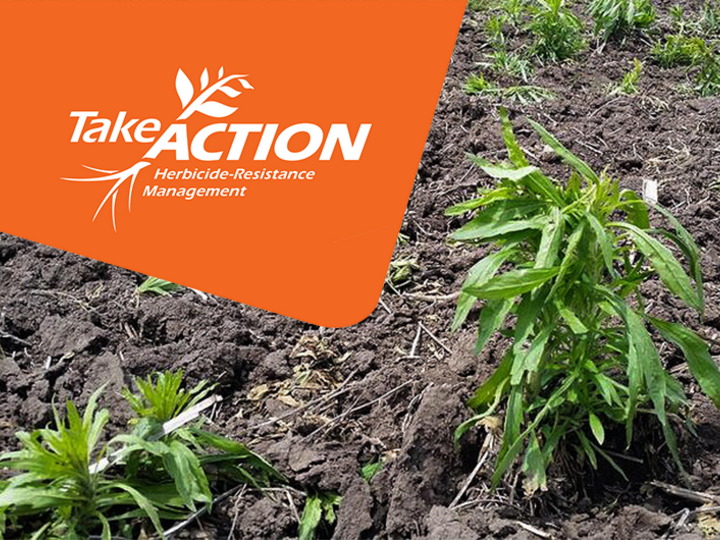
Grain Storage
Check out our selection of extension articles in the Grain Storage section for help with estimating bushels/tonnage in a bin, grain drying and more.
